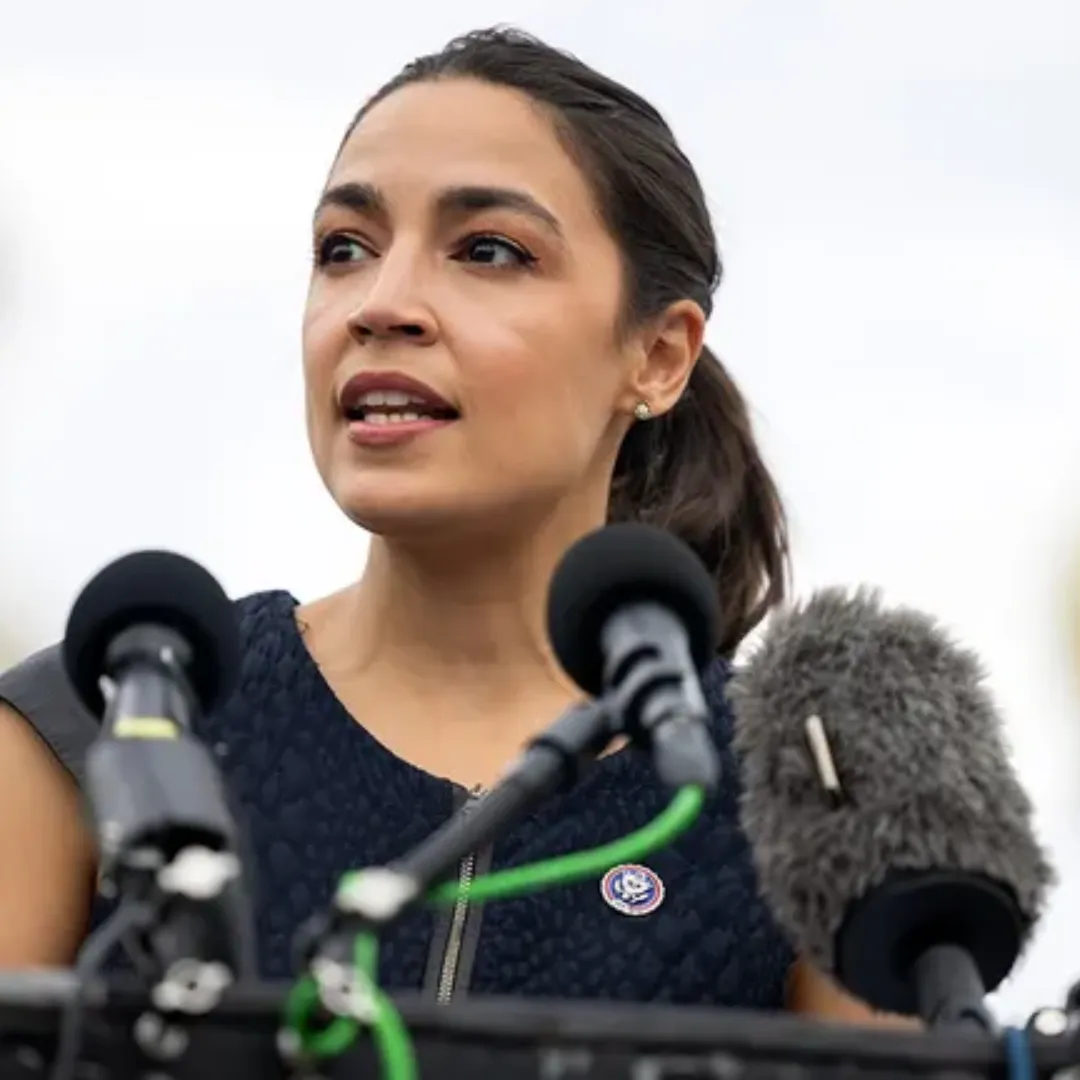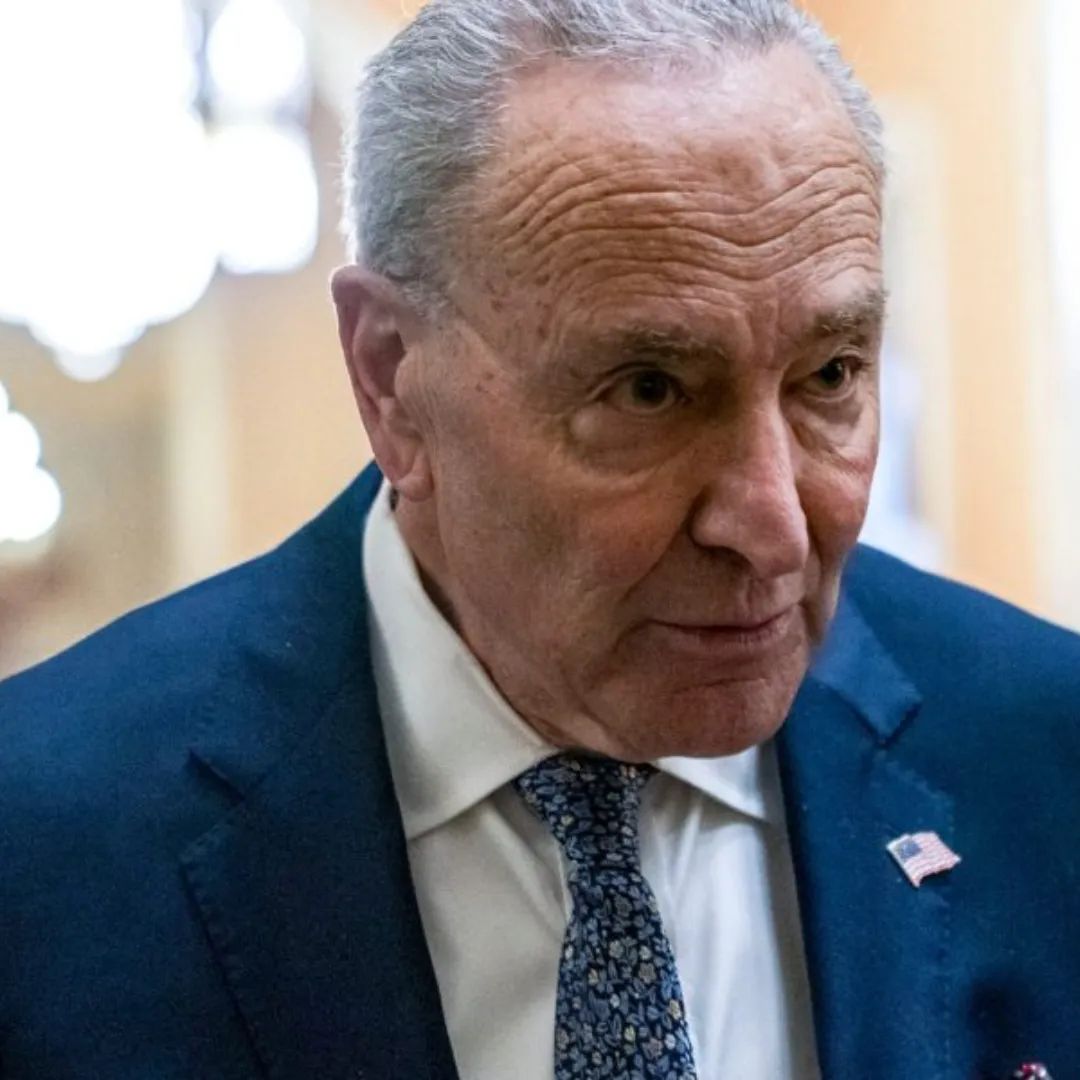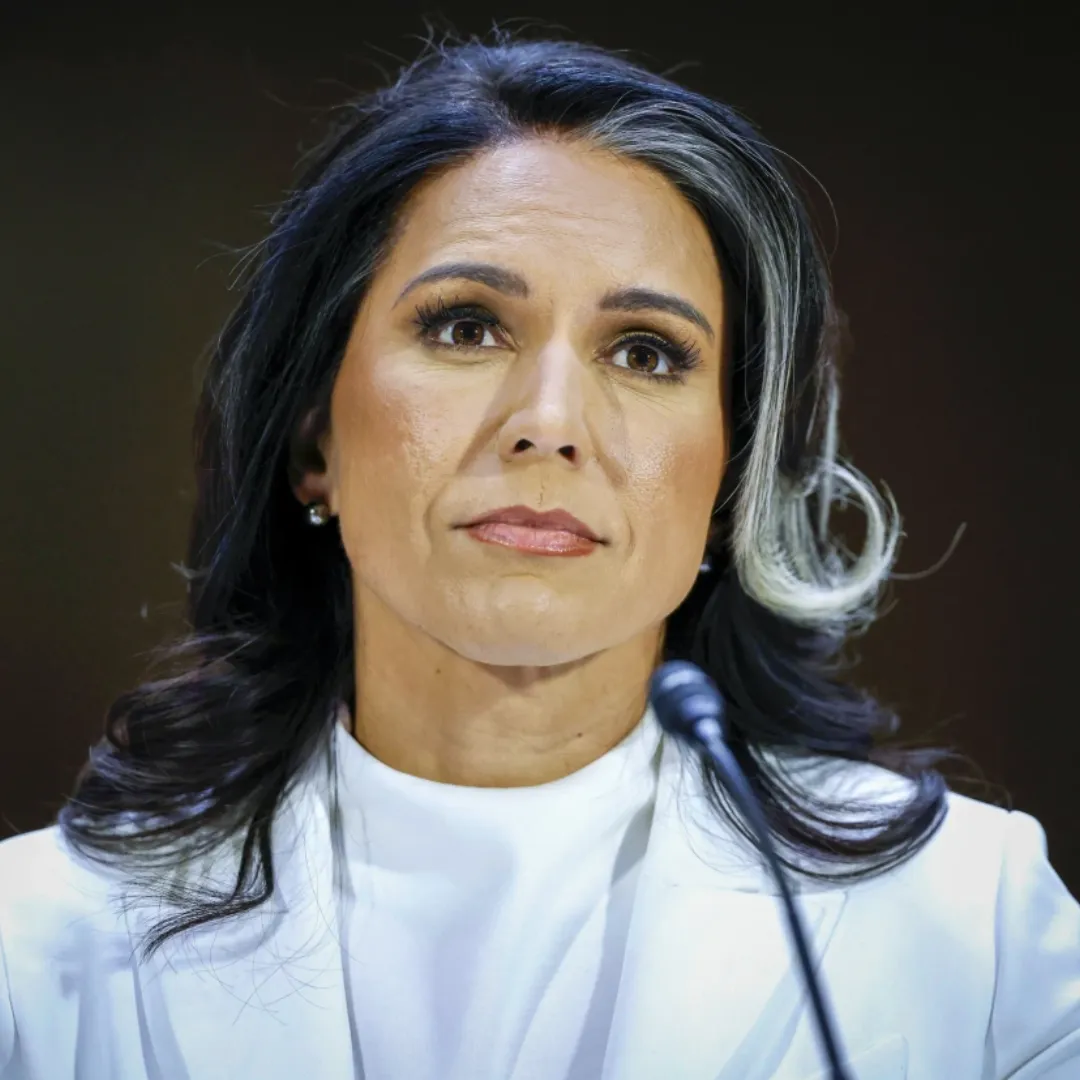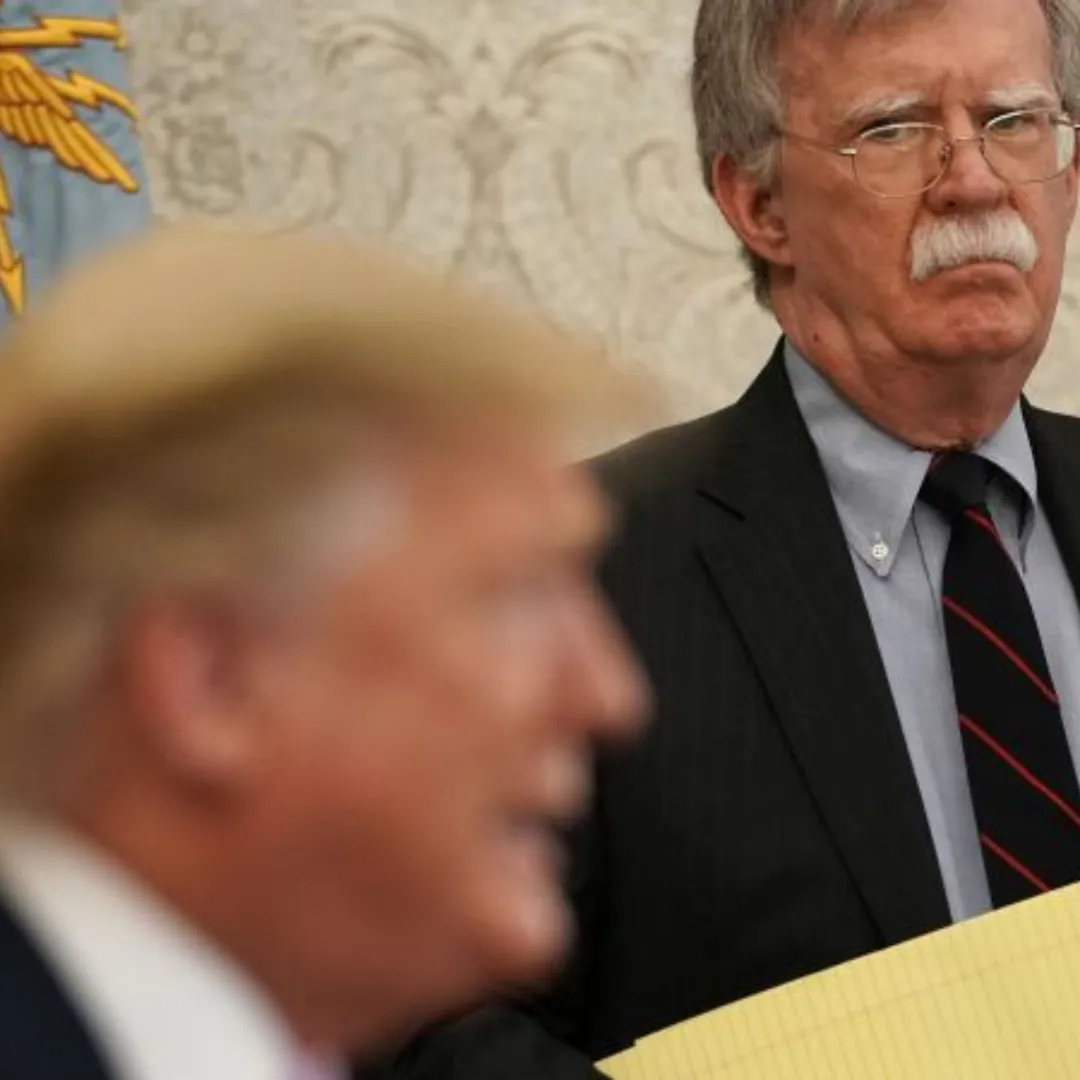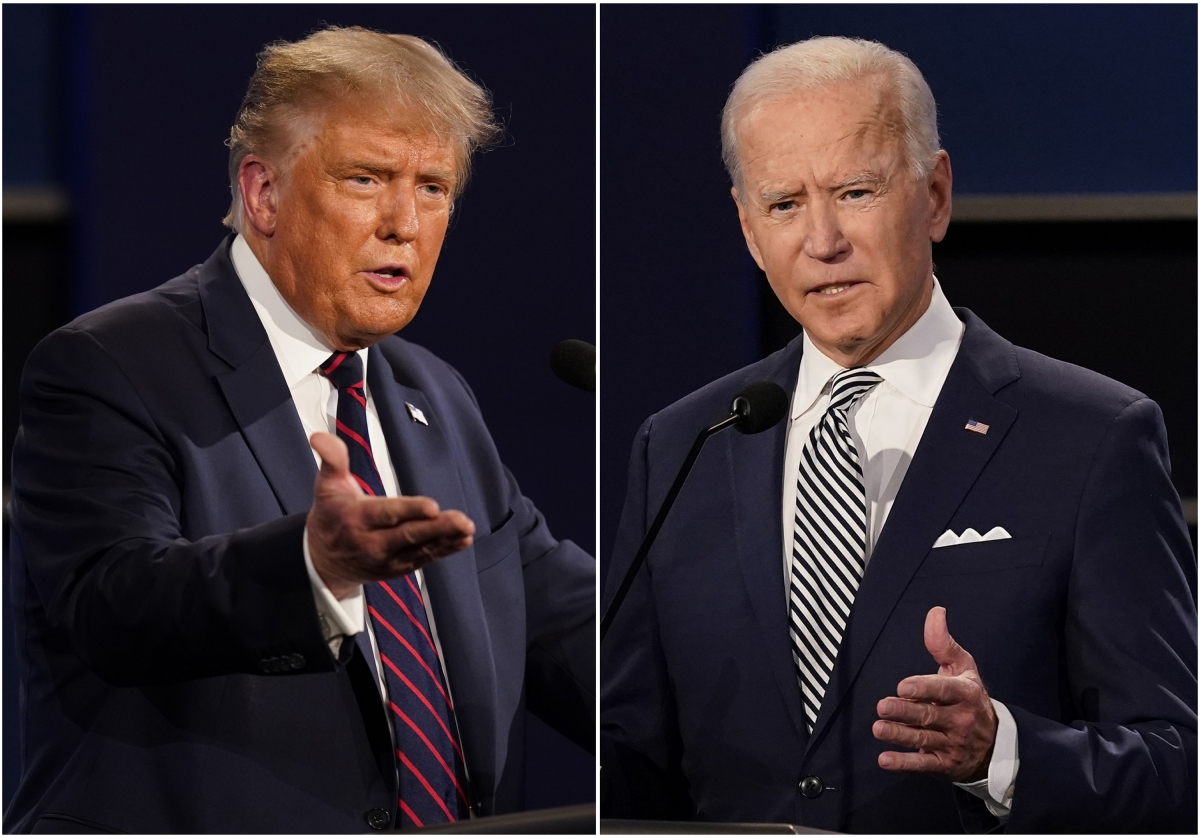
As President Trump marked his 100th day in office, he made it a point to reflect on his progress while simultaneously continuing to lay much of the blame for economic turmoil on his predecessor, President Joe Biden. Throughout the week, in a series of public appearances, speeches, and interviews, Trump repeatedly invoked Biden’s name, criticizing the state of the economy and placing much of the blame on Biden’s policies.
At a rally in Michigan, during an interview with ABC News, and in his remarks at the White House, Trump relentlessly tied the current economic difficulties to Biden’s presidency, framing the economic woes as a direct consequence of the policies and decisions made during the previous administration.
One of Trump’s most notable remarks was his assertion that the stock market's volatility in the first months of his presidency was a direct result of “Biden’s Stock Market.” He pointed to the turbulence in the markets, coupled with a significant decline in the gross domestic product (GDP) in the first quarter, as proof that the economy was still suffering from the effects of Biden’s time in office.
Trump's rhetoric aimed to distance himself from the economic difficulties, suggesting that he inherited a poor economic situation, which he claimed was exacerbated by Biden’s actions. His sharp criticism was not limited to the stock market but extended to a broader critique of the Biden administration’s economic approach.
Critics of Trump’s consistent finger-pointing at Biden argue that the tactic is losing its effectiveness as the American public moves further away from the 2024 election and the challenges of the Biden administration. Some view Trump’s approach as a convenient way of deflecting blame for the difficulties that have emerged during his own presidency, especially when it comes to economic issues.
A former campaign official remarked that Trump’s tendency to assign blame to others, particularly Biden, was becoming increasingly stale and ineffective. “Anything bad is always someone else’s fault,” the official noted, implying that Trump’s reliance on blaming Biden was beginning to ring hollow.
For these critics, Trump’s strategy of using Biden as a scapegoat may no longer resonate with voters who are eager to see their president take responsibility for the challenges facing the nation.
Despite the criticism, Trump continued his strategy of attacking Biden throughout the week. He frequently referred to Biden’s presidency as a failure, asking audiences in Michigan how “the hell” Biden ever became president.
His remarks were often peppered with rhetorical jabs, including one in which he suggested that Biden was unaware of the economic damage caused by his policies.
“We have a country that’s very sick. Joe Biden—and it’s not him, because I don’t even think he knew what the hell was happening,” Trump said during an interview, implying that the president himself may not fully grasp the impact of his administration’s decisions.
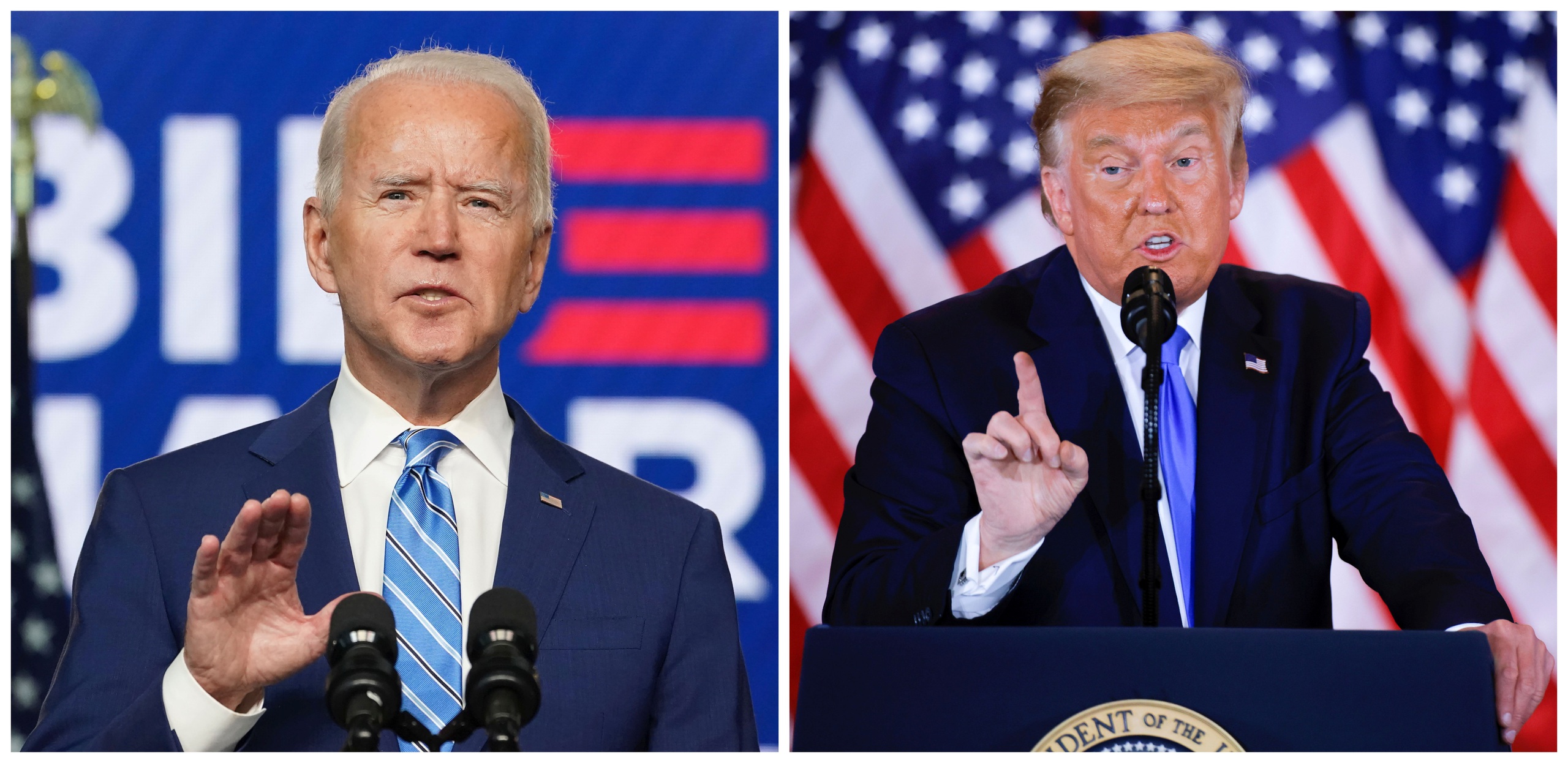
In addition to criticizing Biden’s handling of the economy, Trump also mocked the president during a National Day of Prayer event at the White House. He made light of the fact that Biden was absent from the event, sarcastically commenting on the honor of having people stand for him in the room while implying that Biden would not have been afforded the same respect.
“Sit down, please. I didn’t even know you were standing. What an honor that you stood so long. Wow, that’s a great honor,” Trump said, further deepening the sense of animosity between the two leaders.
While these attacks may continue to galvanize Trump’s loyal base, political strategists and analysts suggest that Trump’s constant references to Biden may alienate voters who were previously supportive of him but are now seeking a more forward-looking message. Republican strategist Doug Heye observed that while Trump’s base remains firmly behind him, others who supported him in 2024 may begin to tire of the constant focus on his predecessor.
“It still works for him with the base and always will—he still talks about Hillary [Clinton], after all,” Heye remarked, referring to Trump’s continued references to the former Democratic presidential candidate. However, Heye suggested that for those who voted for Trump in 2024 but now wish to move beyond the past, the ongoing Biden rhetoric could be a turnoff, signaling that Trump’s attacks may eventually reach a point of diminishing returns.
As Trump continues to draw comparisons between his presidency and the Biden administration, particularly in terms of economic performance, it becomes evident that the debate over the economy is central to his political strategy.
While Trump frequently frames Biden’s policies as disastrous, some analysts argue that Trump’s own economic agenda is not without its challenges. Critics have pointed out that, despite Trump’s claims of economic recovery, the economic landscape is far from stable, with rising inflation, ongoing trade battles, and concerns over the long-term impact of tariffs and trade wars.
Trump’s first 100 days in office have been marked by the worst performance of the stock market at the start of a presidential term since Richard Nixon’s second term in the 1970s. This fact, coupled with the disappointing GDP growth numbers, has added to the growing concerns about Trump’s ability to navigate the complexities of the economy.
On April 30, the release of an underwhelming economic growth report showed that imports surged due to new tariffs, contributing to the contraction of GDP. Trump, in an effort to deflect blame, once again placed the responsibility on Biden’s policies, urging patience from investors and claiming that the stock market was still being influenced by Biden-era decisions.
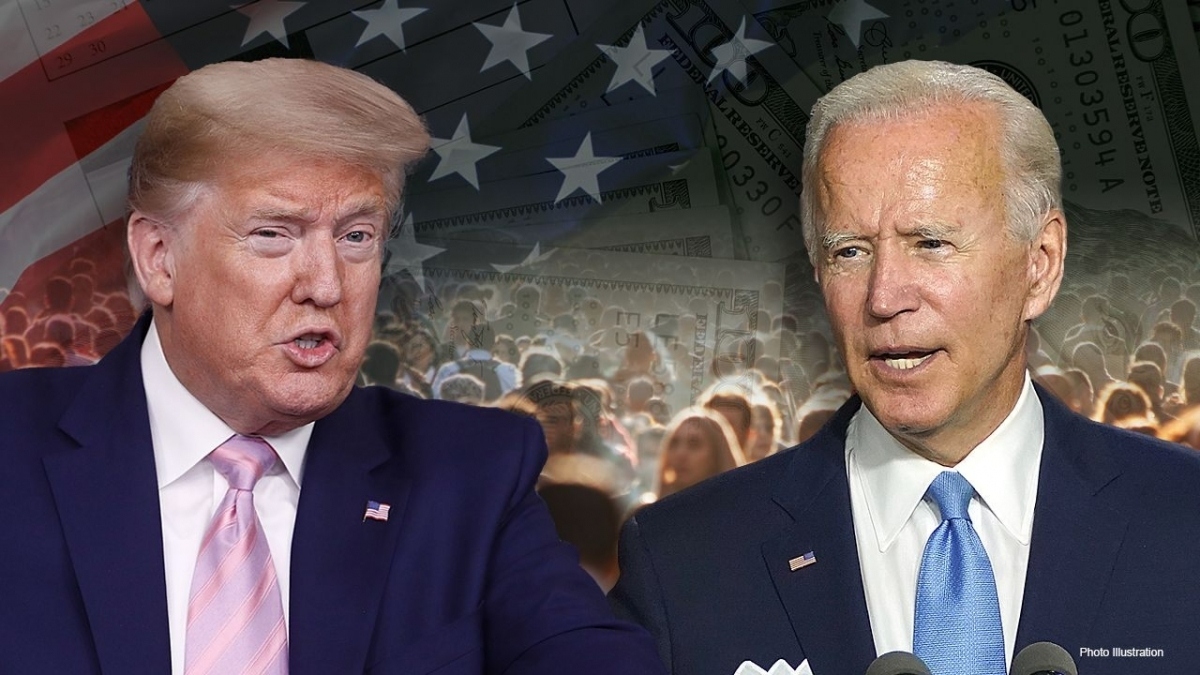
Despite Trump’s efforts to distance himself from the negative economic data, the stock market began to show signs of recovery, with the S&P 500 index posting nine consecutive days of gains. These gains helped to erase the losses that had accumulated since Trump’s “Liberation Day” tariff announcement on April 2.
The stock market’s rebound, coupled with better-than-expected inflation data, has complicated Trump’s attempts to frame the market’s volatility as a direct consequence of Biden’s actions.
Wall Street, for the most part, remained unconvinced by Trump’s assertions, with CNBC reporter Steve Liesman mocking Trump’s efforts to blame the market’s struggles on Biden, saying that “people pretty squarely put this on the shoulders of President Trump.”
Amid the ongoing economic struggles and political jabs at Biden, Trump has continued to criticize the economic policies of the Biden administration, blaming the president for the economic challenges the country is facing. In his remarks, Trump has frequently attempted to frame the economic problems as a result of Biden’s poor decisions rather than acknowledging the difficulties that have emerged during his own presidency.
As Trump’s first 100 days come to a close, it remains to be seen whether his continued focus on Biden will be enough to turn around his political fortunes or if voters will demand a more forward-thinking approach to the pressing issues facing the nation.
At the heart of Trump’s strategy lies a desire to reshape the narrative around his presidency, presenting himself as a victim of unfavorable circumstances while casting blame on Biden for the economic problems that continue to plague the country.

While his supporters remain steadfast in their loyalty, the broader electorate may become increasingly weary of the blame game, especially as the country faces more immediate challenges, such as inflation, trade tensions, and a potential recession.
In the coming months, the question will be whether Trump can successfully pivot away from his attacks on Biden and present a clear vision for the future, or if he will continue to dwell on past grievances, which may ultimately limit his political effectiveness. As Trump prepares to move forward, the stakes could not be higher, and how he chooses to navigate the economic challenges ahead will likely define his presidency for years to come.
